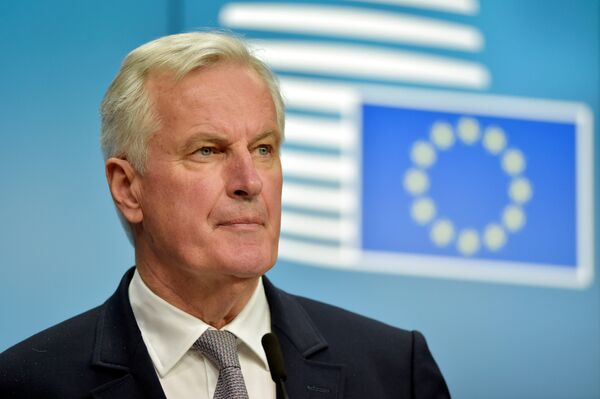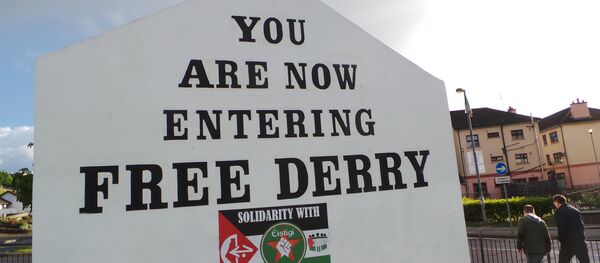In what is sure to be a highly charged, laboriously labyrinthine struggle that will, whatever happens, dictate the UK's destiny for decades to come, diplomats and bureaucrats alike are set to argue around the clock — and against the clock.

Irrespective of whether a deal is struck, the terms of Article 50 dictate the UK must take its leave by March 29 2019, although Barnier is said he wishes to conclude talks by October 2018, allowing time for the European Parliament to ratify the deal.
First Steps
From the EU's perspective, Brexit is very much akin to the end of a marriage — a divorce settlement must be reached before a new relationship is cemented. The UK will not be allowed to start trade talks with individual member states, or the wider bloc, until it agrees an outline deal on citizens' rights, money and the Irish border post-Brexit.
While Theresa May's government had long argued against this, since the June 8 general election — perhaps a reflection of the Conservatives' enfeebled parliamentary standing, perhaps acknowledgement that the UK has no leverage on those issues — Davis has made it clear the UK will play ball.
Pretty clear @DavidDavisMP and UK have caved on sequencing of talks, with trade now not being discussed till money, Ireland, migrants sorted
— Robert Peston (@Peston) June 19, 2017
Trade talks can begin if and when "sufficient progress" is made on these issues. If the UK passes this deliberately ambiguous test, talks can move on to trade and other areas, such as foreign policy, financial services, police and judicial cooperation.
A transitional deal — in which the UK hops from full member to temporary partial member, en route to non-membership — could be reached August 2018.
Sticking Points
While Westminster and Brussels appear to agree on the need to prioritize citizens' rights, to bring certainty to 3.5 million EU nationals in the UK and 1.2 million Britons in Europe, such consensus may be deceptive — the EU demands the European Court of Justice be the ultimate arbiter in resolving disputes on the issue, which may be unacceptable to hardline Brexiteers, who specifically seek to end the ECJ's jurisdiction over the UK.
The EU also wants EU nationals to continue living in the UK as if Brexit never happened, which would again make a mockery of "Leave" arguments around immigration from the continent. Davis is due to set out the UK's position on the issue June 26.
Brexit 'divorce bill' = €100bn. pic.twitter.com/ugIUeHbH3t
— Jelle Simons (@jelle_simons) June 20, 2017
The Brexit bill — the cost of leaving the bloc — is also undoubtedly going to cause consternation on both sides. A vast array of potential numbers have been suggested, ranging from US$45 billion to over $100 billion. Quite how much the final cost will be depends on the smoothness of the UK's secession. This may not be clear until 2018 or later. Moreover, diplomats on both sides of the English Channel worry May has made no attempt to prepare the public for the Brexit bill and other inevitable costs.
Neither hard nor soft but racist? Brexit, ethnic profiling and the Irish border | Institute of Race Relations https://t.co/NOK8VKyUVe
— Simon Cox (@SimonFRCox) June 20, 2017
Questions over Irish border are said to have received the most focus on the first day of talks. This issue is a potential powder keg for the UK, given it has been suggested Brexit makes a reunified Ireland a very real possibility.
Brussels is opposed to a physical border between the "two" Irelands, and has published guidelines making clear member state governments have committed themselves to allowing Northern Ireland to rejoin the EU under the auspices of a united Ireland — without conditions or negotiations. In response, it's likely the Conservatives — and their informal junior partners, the Democratic Unionist Party (DUP) — will demand a hard border between the South and the North.
Harold Macmillan 1949:"I do not think [Council of Europe] can survive, still less achieve its purpose, without full British participation"
— Teemu Häkkinen (@tehakk) January 23, 2017



